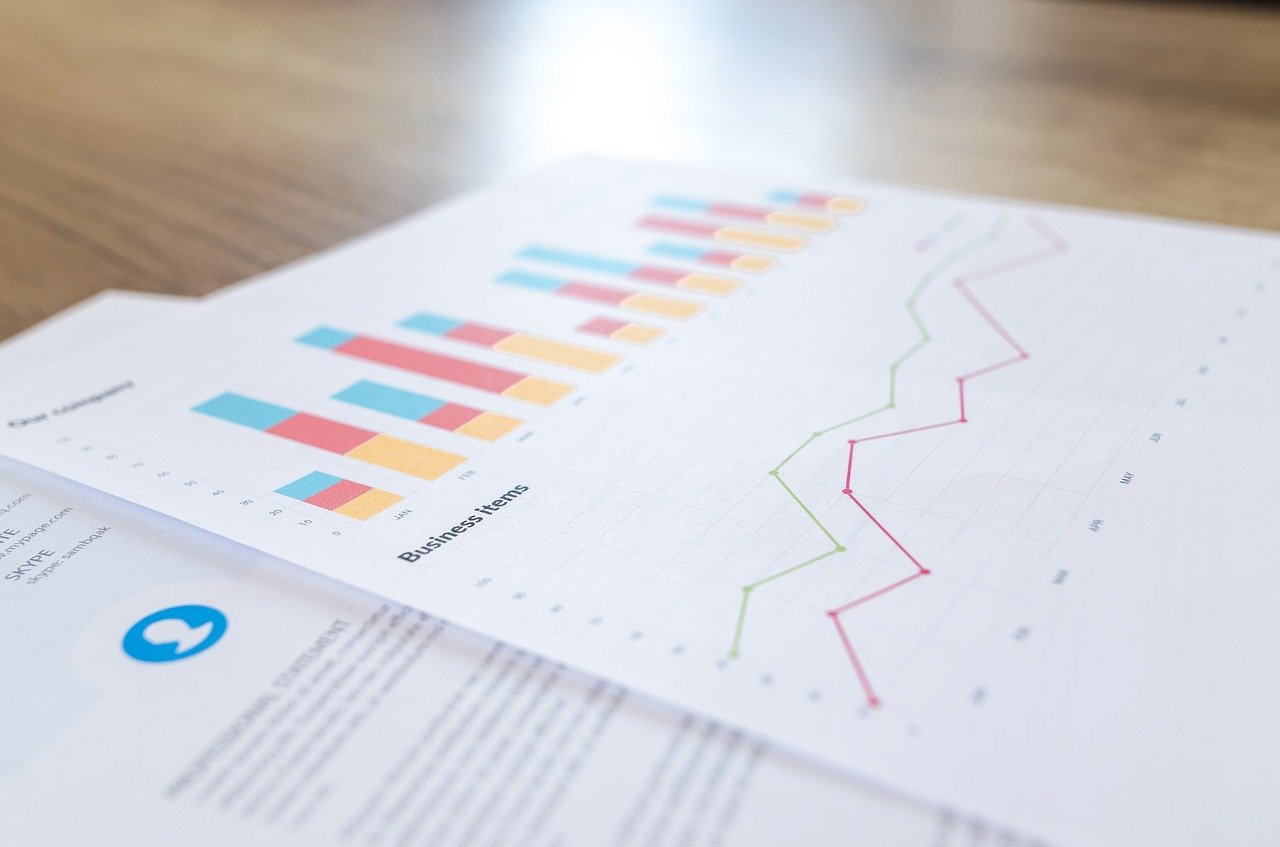Chances are that you have heard of forex trading, but the thing is that you do not understand what it is about. The fact that there is a lot of controversy surrounding it as well does not help matters. This guide will help you understand the basics of forex trading and dispel any myths you may have heard about it so let us get right into it.
What Is Forex Trading?
To understand forex trading, you first have to understand what it is. Forex markets can be compared to commodity or stock markets mostly because all of them allow for trading through brokers. That said; the similarity ends there.
Unlike commodities and stocks, when you venture into forex trading, you will be trading currencies – that is why it is called forex exchange in the first place. Simply put, you will be selling and buying national currencies from across the globe.
How do you earn from Forex?
Now you know that forex involves selling and buying money, but how does that benefit you? In forex, you get to do that using one of two ways. One, you can get profit from the exchange rates of two different currencies.
Two, you can make the most out of the interest rate difference between two, unlike currencies.
Earning Profit through Exchange Rate Difference
All currencies in the world constantly fluctuate in value. This is because of factors like the state of the economy, financial policies, and the rate of inflation in different countries. To make money out of exchanging currencies, you need to find a currency pair where one is quite stable and the other displays some oscillation potential.
Once you do that, you buy currencies at a low price and sell them at a higher one.
Are you Eligible to Trade in the Forex Market?
In the past, forex trading was reserved for wealthy and experienced investors. However, that has changed and now anyone can venture into the business as long as they have a broker. You see, brokers exist to connect you to the world market while outfitting you with the required chart tools and software you need to succeed.
This service is charged but the fee is something that the average investor can afford. When registered with a broker, you can trade forex anywhere in the world where the practice is legal.
How do you find a Forex Broker?
One thing for sure is that there are many forex traders in the market. However, finding a dependable one proves to be quite elusive for many investors. You do not want to go for the first broker that your search engine throws your way.
A good broker needs to have particular qualities and above all, they should be tried and tested. While your account security is vital, your broker will be judged by their prowess when it comes to providing flawless trading.
Be on the lookout for brokers with poor reviews, slow software, and inaccurate currency pair information. They can easily jeopardize your chances of making it big in the forex trading world.
What is a Trading Strategy?
All traders have their specific ways of approaching forex markets. Everyone has a picture of how they are going to make a profit from forex markets. A trading strategy is just your way of making profits with your investment portfolio.
First, you want to choose that market that you would like to operate in, regulate your exposure by restricting how much of your portfolio invests in each position, establish exit and entry points, and come up with your trading tactics.
Keep in mind that trading strategies constantly change so you will be doing a lot of trial and error. As you go along, you get to learn what works and what does not. This will help you succeed in trading.
Are There Risks Involved?
The truth is that forex comes with risks but the thing is that those risks are what you allow them to be. What we mean is that you only lose the money that you risk. The most devastating forex stories involve investors who took big risks with their trading accounts only to lose.
By limiting your exposure and playing smart, you decrease your likelihood of losing money.
Final Thoughts
There you have it. This is what you need to know before getting into forex trading. With this information at your disposal, you should be able to win more trades and lose less so be sure to refer to this guide whenever you need to.
